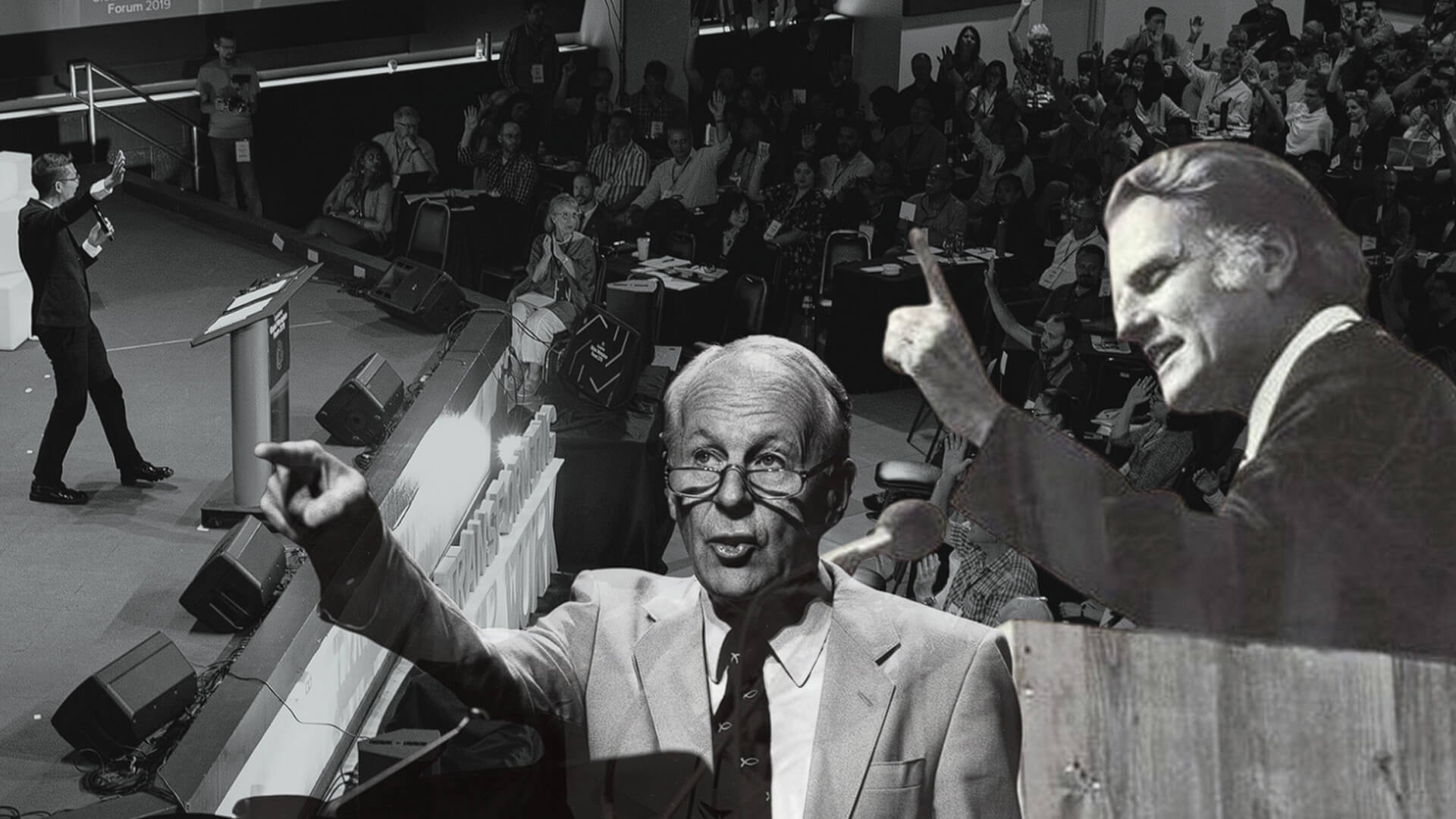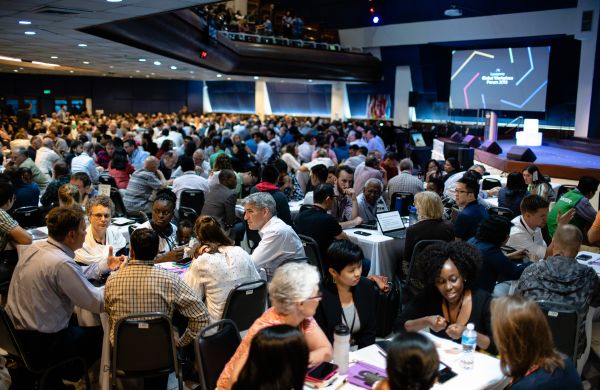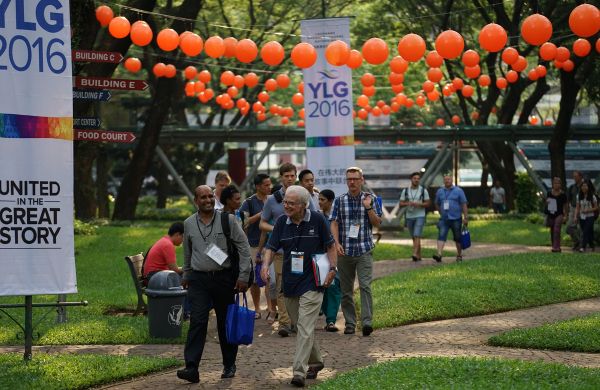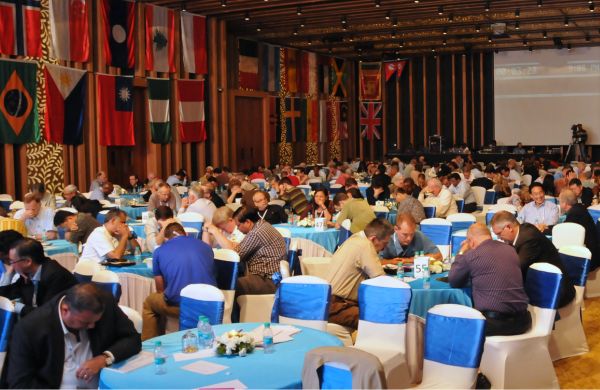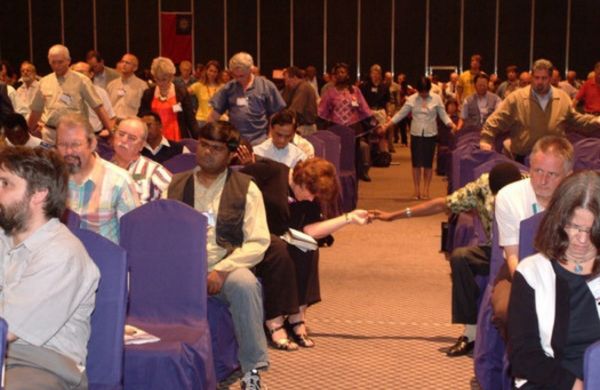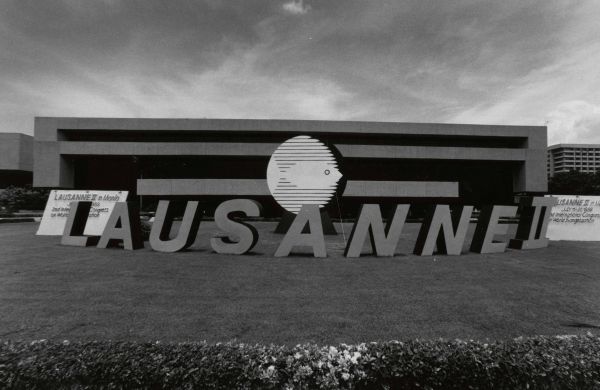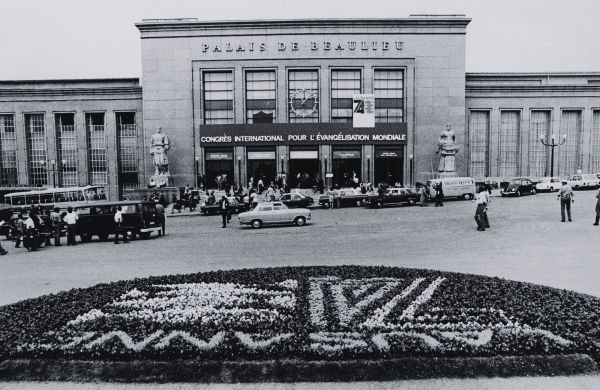Landmark Gatherings
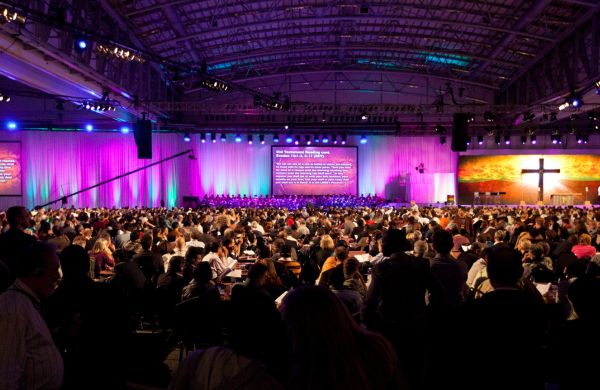
2010
Third Congress
Cape Town, South AfricaL4 Journey
Lausanne 4 is a multi-year, global, polycentric process facilitated by the platform of Lausanne, towards catalytic collaboration of the global church, for the discipling of all nations and the shaping of the world in 2050. We invite the global church to join in this journey, which includes ongoing cycles of listening, gathering, and acting—together—toward seeing our fourfold vision fulfilled.
Learn More

Listen
Our process of listening includes a number of intentional activities that engage us in listening to God, through Scripture and prayer, as well as to one another. Through our listening we learn, reflect, and seek to make strategic and intentional decisions.

Gather
Gathering together has been a core activity of the Lausanne Movement since its very beginning. Together we are better—harnessing our different strengths and perspectives to achieve missional advancement for the sake of God’s kingdom.

Act
Our response to God’s mission requires action. Our ultimate objective is to catalyse collaboration within the global church, spark the accelerated discipleship of all nations and generations, and shape the world of 2050 and beyond.

Reaching Across Generations and Sectors
We seek to bridge generations and sectors, creating a platform where young and old from different contexts can collaborate and contribute to global mission together. This ensures a rich exchange of perspectives and dynamic strategies.
Learn More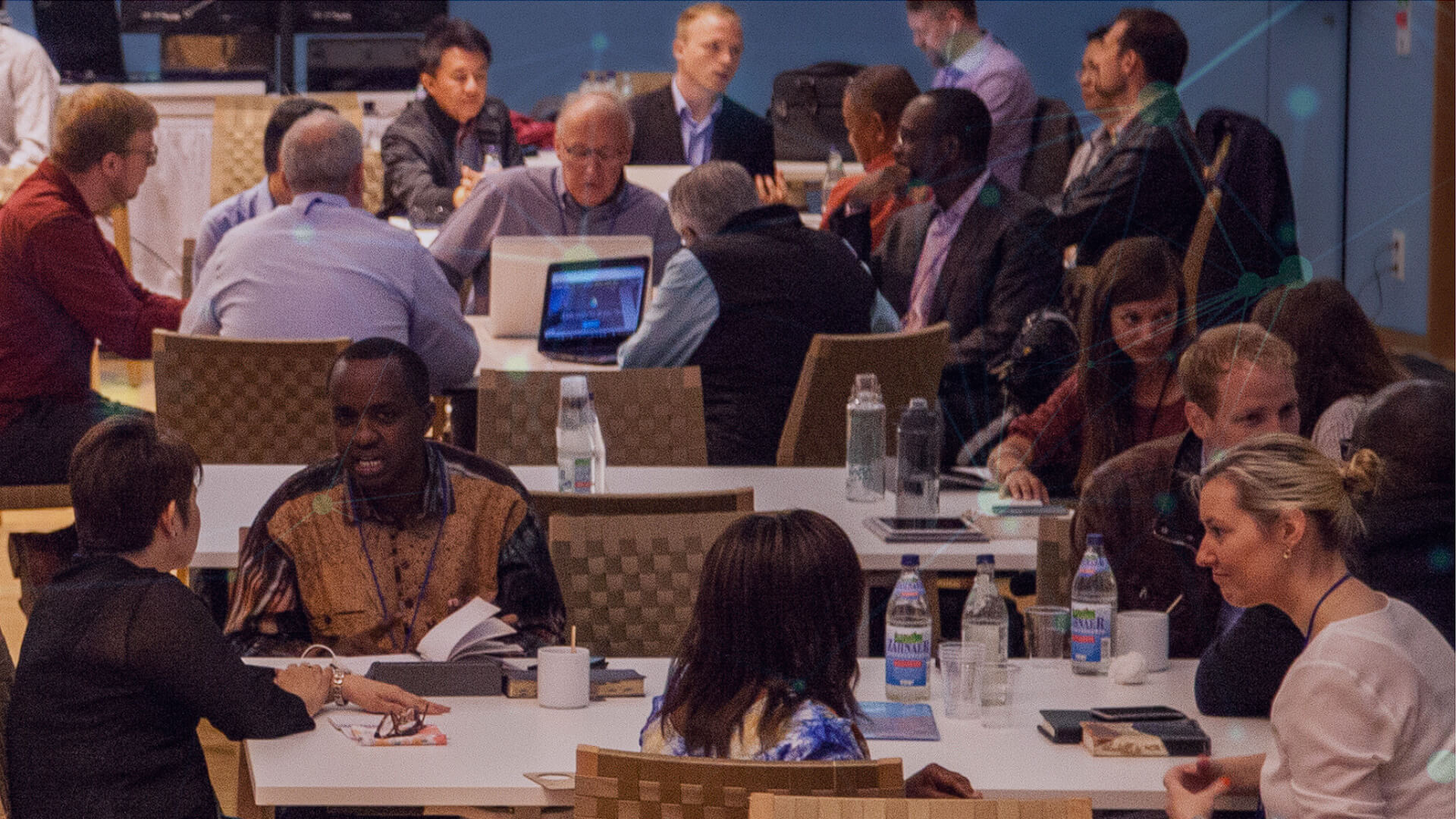
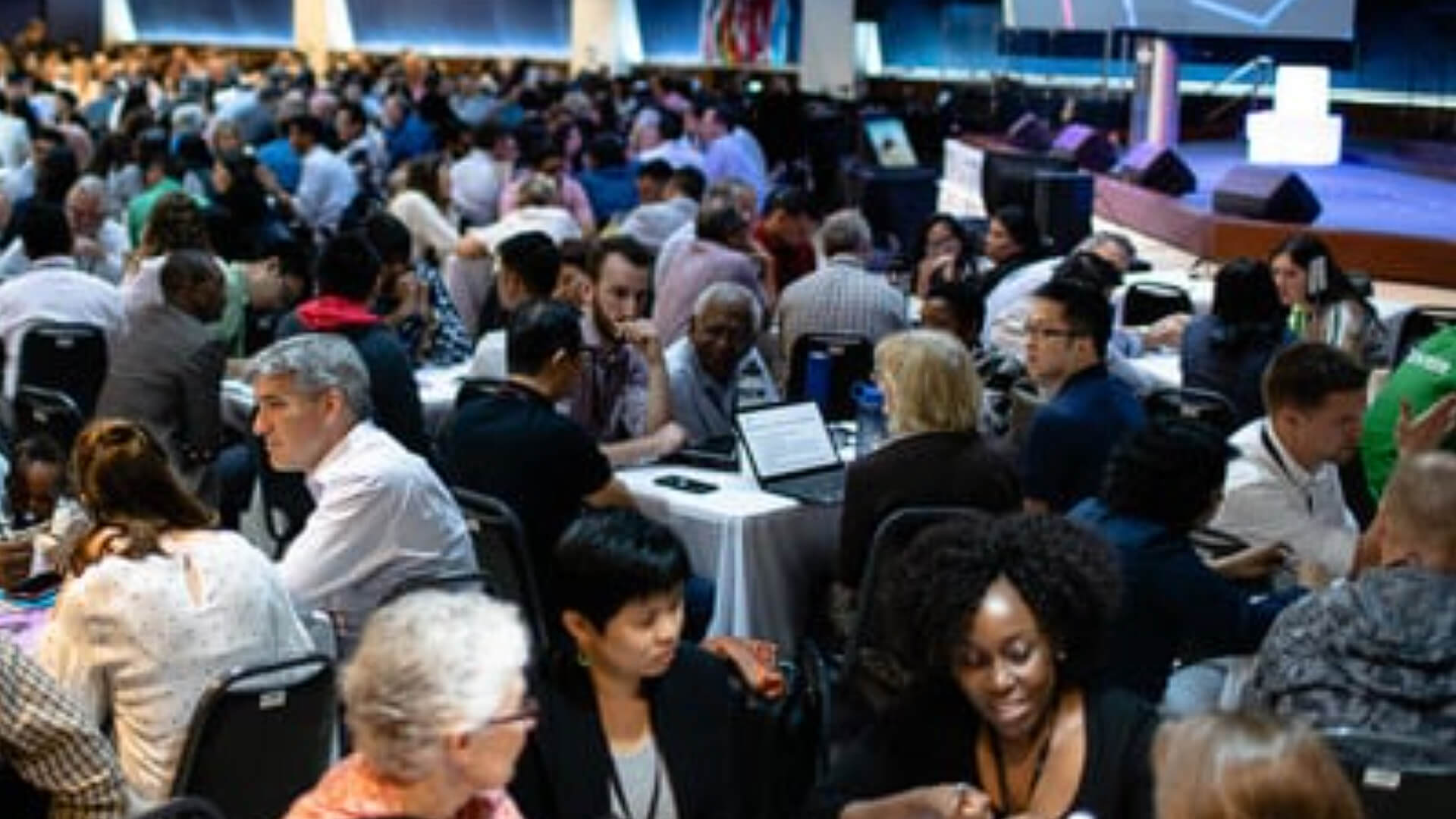
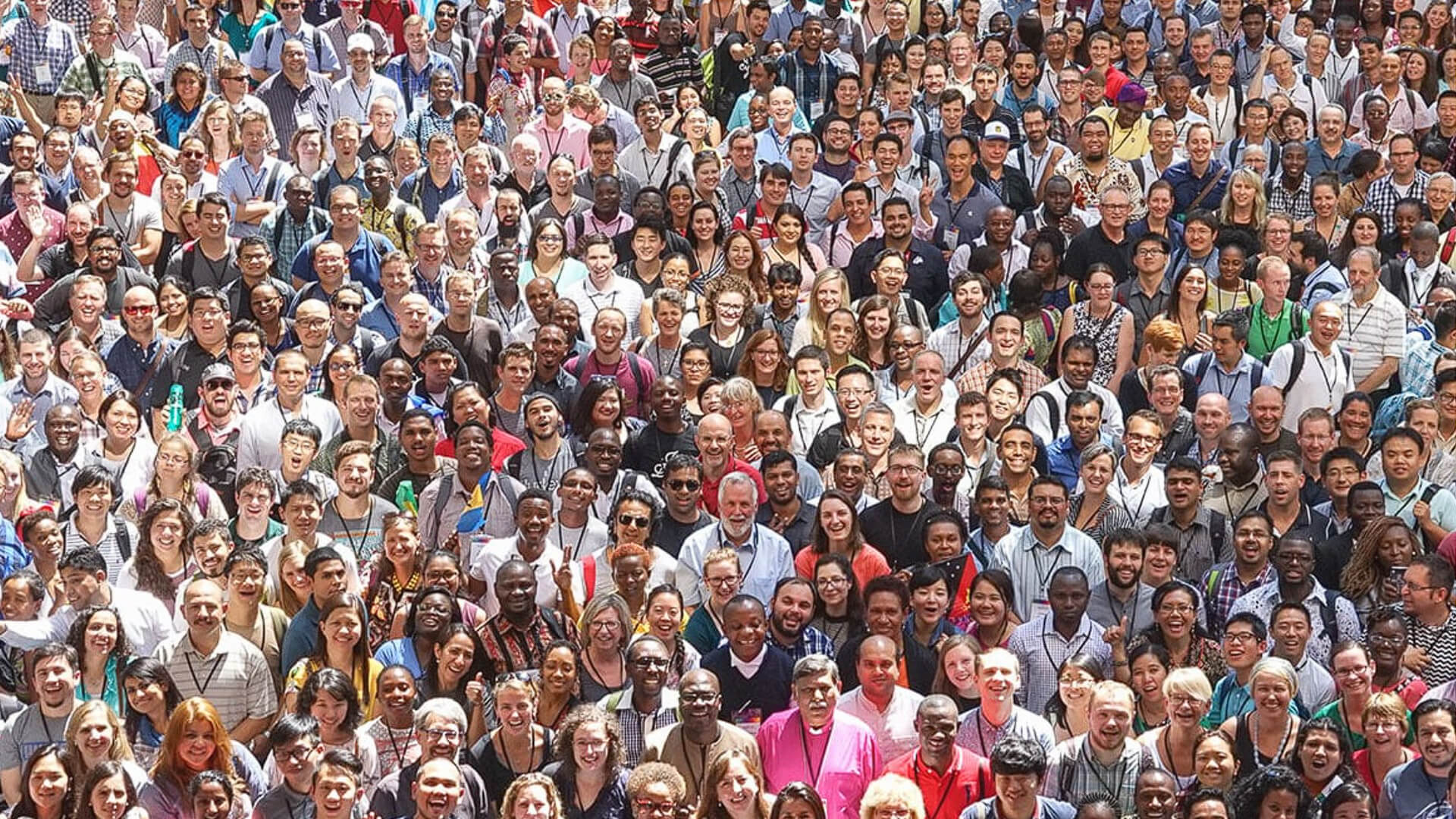
The Third Congress
Fast forward to 2010, the third congress took place in Cape Town, South Africa. 4,000 leaders from 198 countries made it one of the most diverse gatherings in Christian history. Urban missions, holistic mission, reaching out to diaspora communities, and advancing the gospel among oral learners can be traced back to this congress. Reaffirming our commitment to evangelism and gospel witness in word and deed, The Cape Town Commitment emerged, including focus on societal issues like poverty, injustice, and environmental stewardship.
Learn More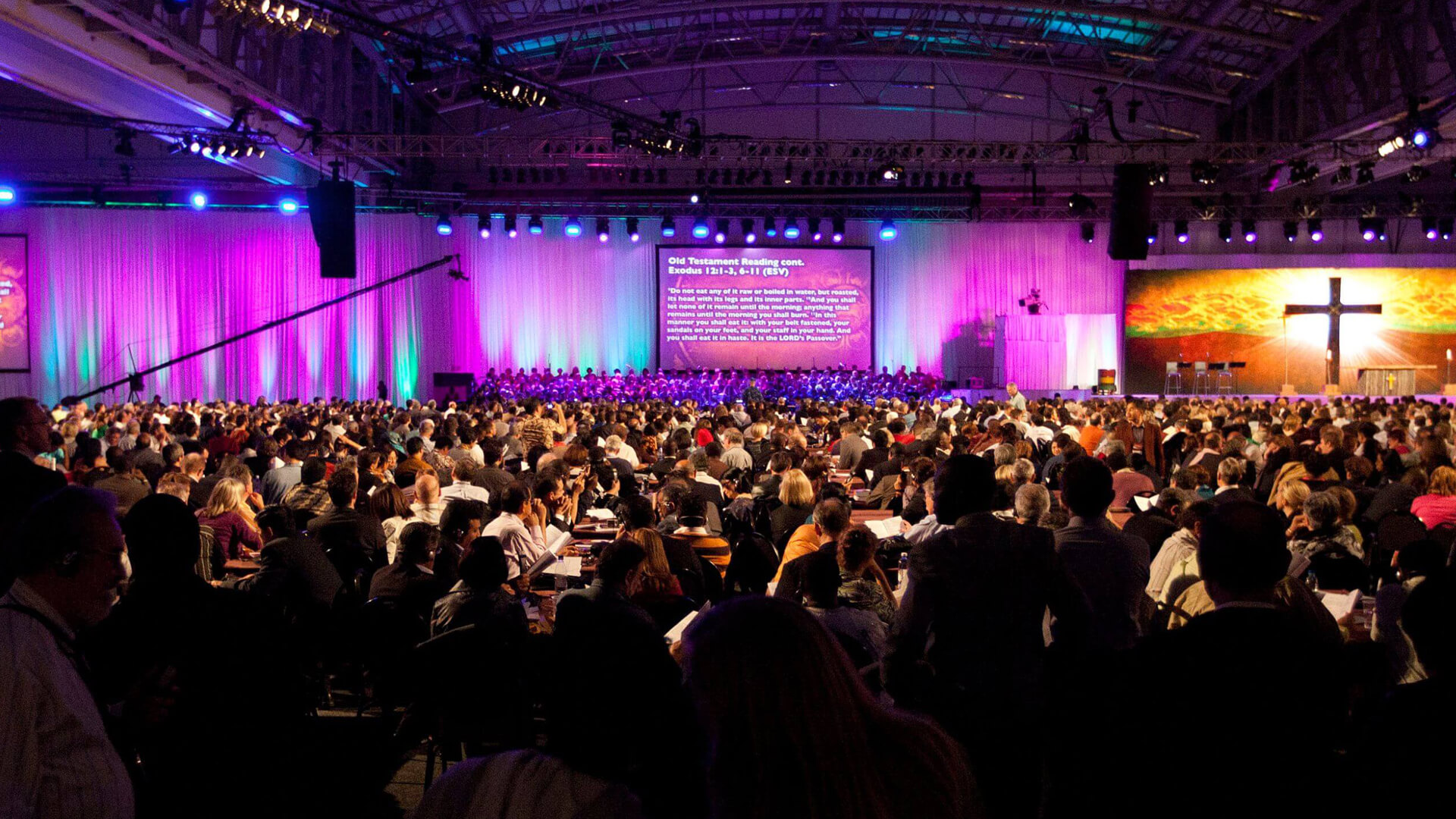
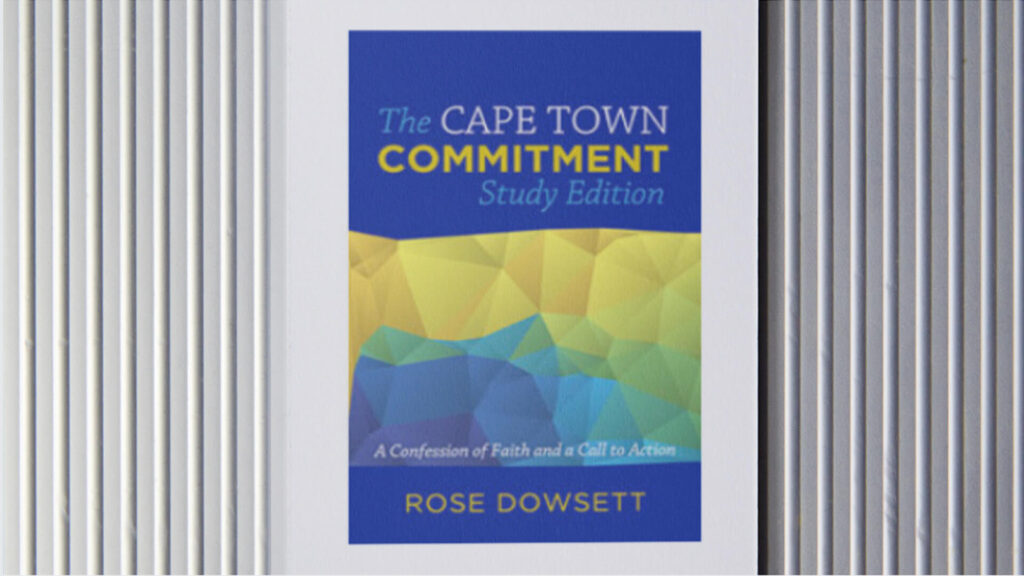
Cape Town Commitment
The Cape Town Commitment is a profound declaration that inspires Christians to engage with pressing global challenges, through uniting in love and truth to address critical global issues through the lens of the gospel.

Holistic Mission
Encapsulating a holistic approach intertwines evangelism and social action, emphasising the inseparable nature of sharing the gospel. Addressing societal injustices fully embodies Christ’s teachings and love in the world.

Cities and Diasporas
Cities and diasporas represent vibrant intersections of culture, identity, and innovation, where diverse populations converge. This creates dynamic communities that shape and are shaped by global flows of people, ideas, and resources.
The Second Congress
Fifteen years later, the second congress took place in Manila, Philippines. Missional focus shifted towards the 10/40 window, the region of the world most unreached by the gospel. With increased intentionality towards social responsibility and strategic collaboration, over 800 new missional partnerships were formed.
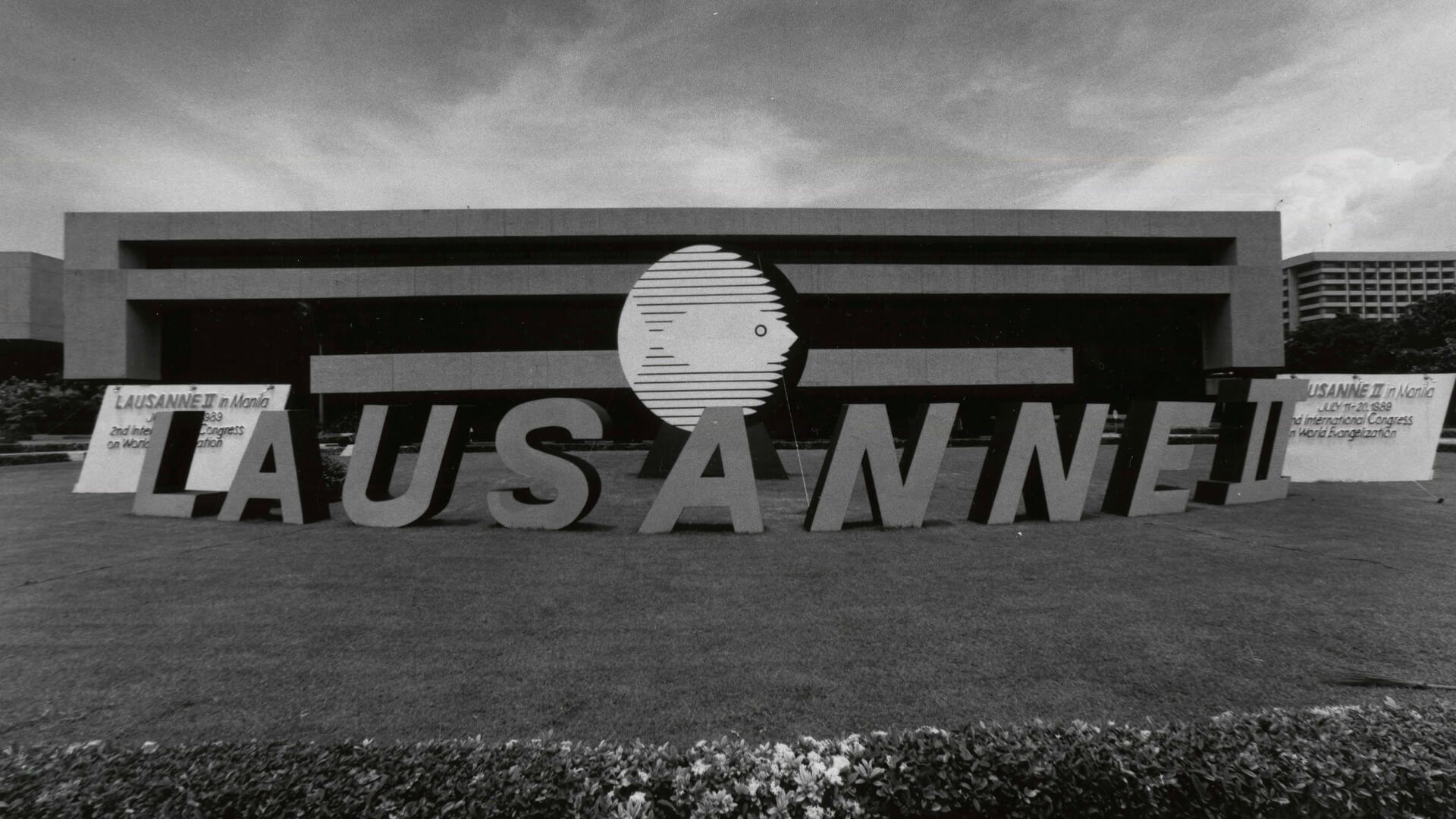
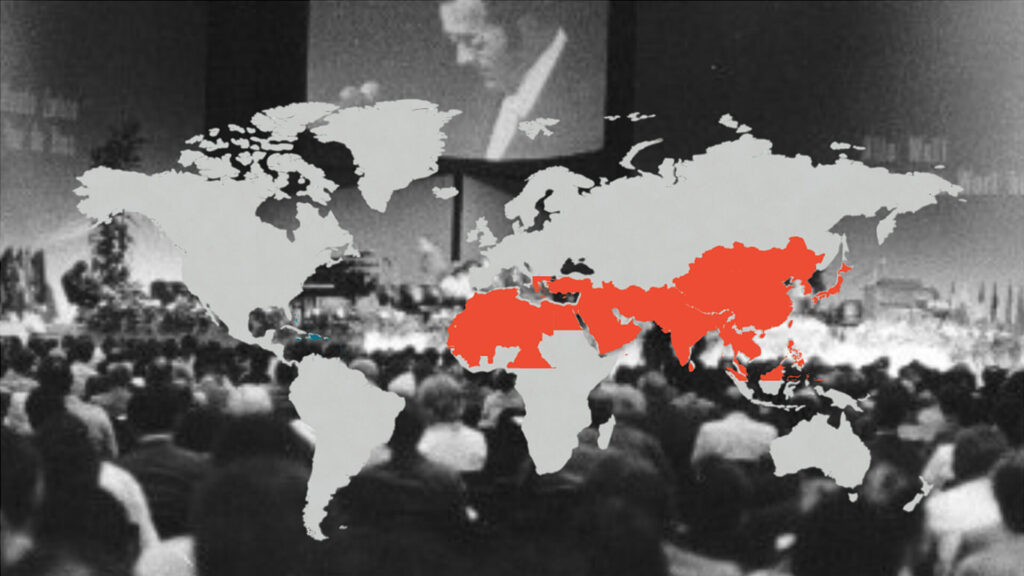
The 10/40 Window
The 10/40 Window calls attention to the geographical area encompassing North Africa, the Middle East, and Asia. This intersection where the majority of people live without access to Christian resources, has since called for strategic mission priorities.
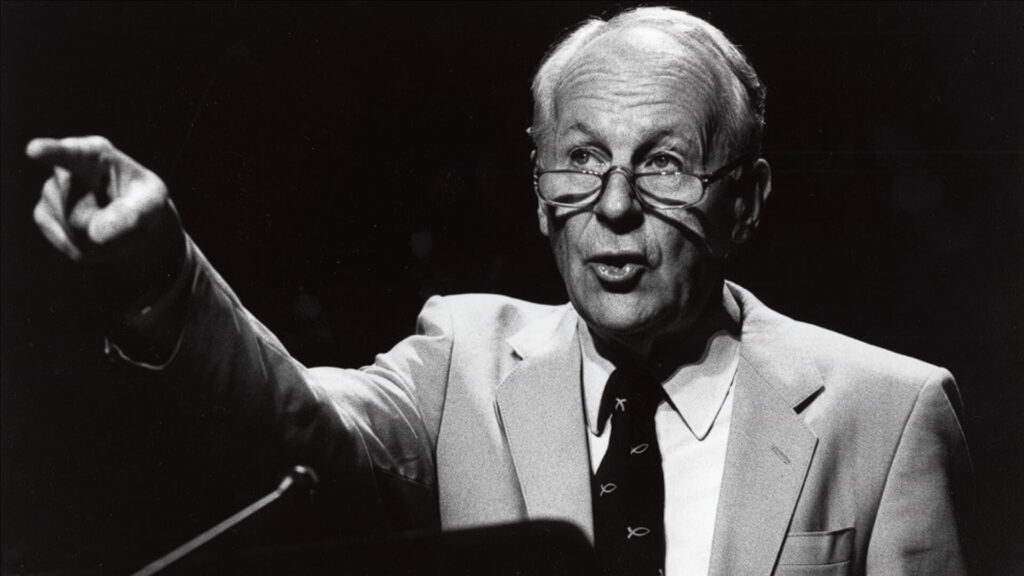
Manila Manifesto
The Manila Manifesto reinforces the Lausanne Movement’s dedication to global evangelism and social justice. It urges Christians to thoughtfully address contemporary issues while spreading the gospel with compassion and clarity in an interconnected world.
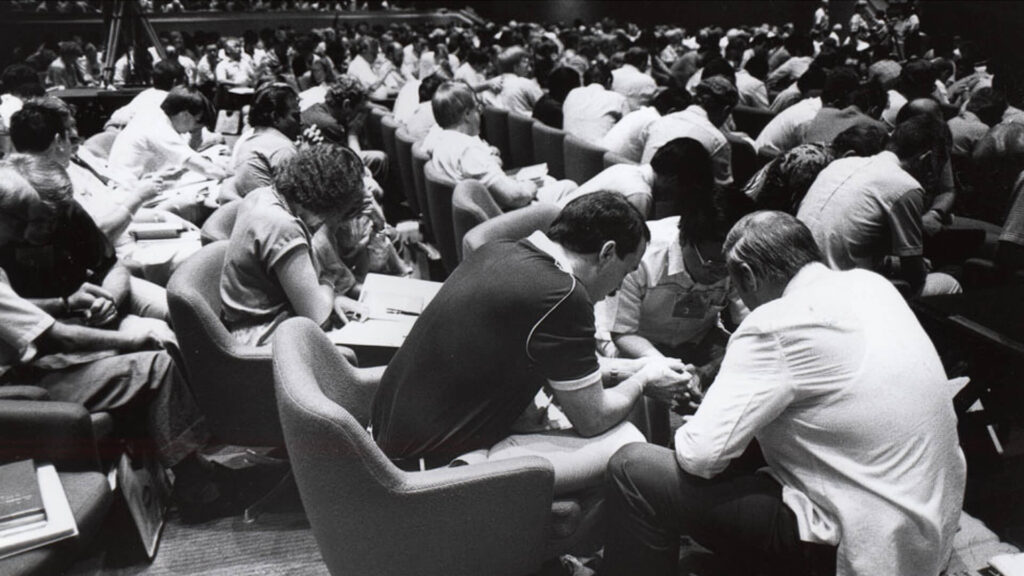
Strategic Collaboration
By prioritising strategic collaboration, we can harness synergy that enhances problem-solving, drives innovation, and amplifies impact. The Second Congress was instrumental in sparking hundreds of new partnerships.
The First Congress
Beginning in 1974, Billy Graham convened the First Lausanne Congress, in Lausanne, Switzerland, uniting the global church around the unfinished task of the Great Commission. Together with 2,400 mission-minded participants from 150 nations, a movement was born. The Lausanne Covenant was introduced at this first congress, and it still unites believers around the world on God’s mission today. World mission was reignited by focusing on unreached people groups and the pressing need for the gospel to go to where it had never gone before.
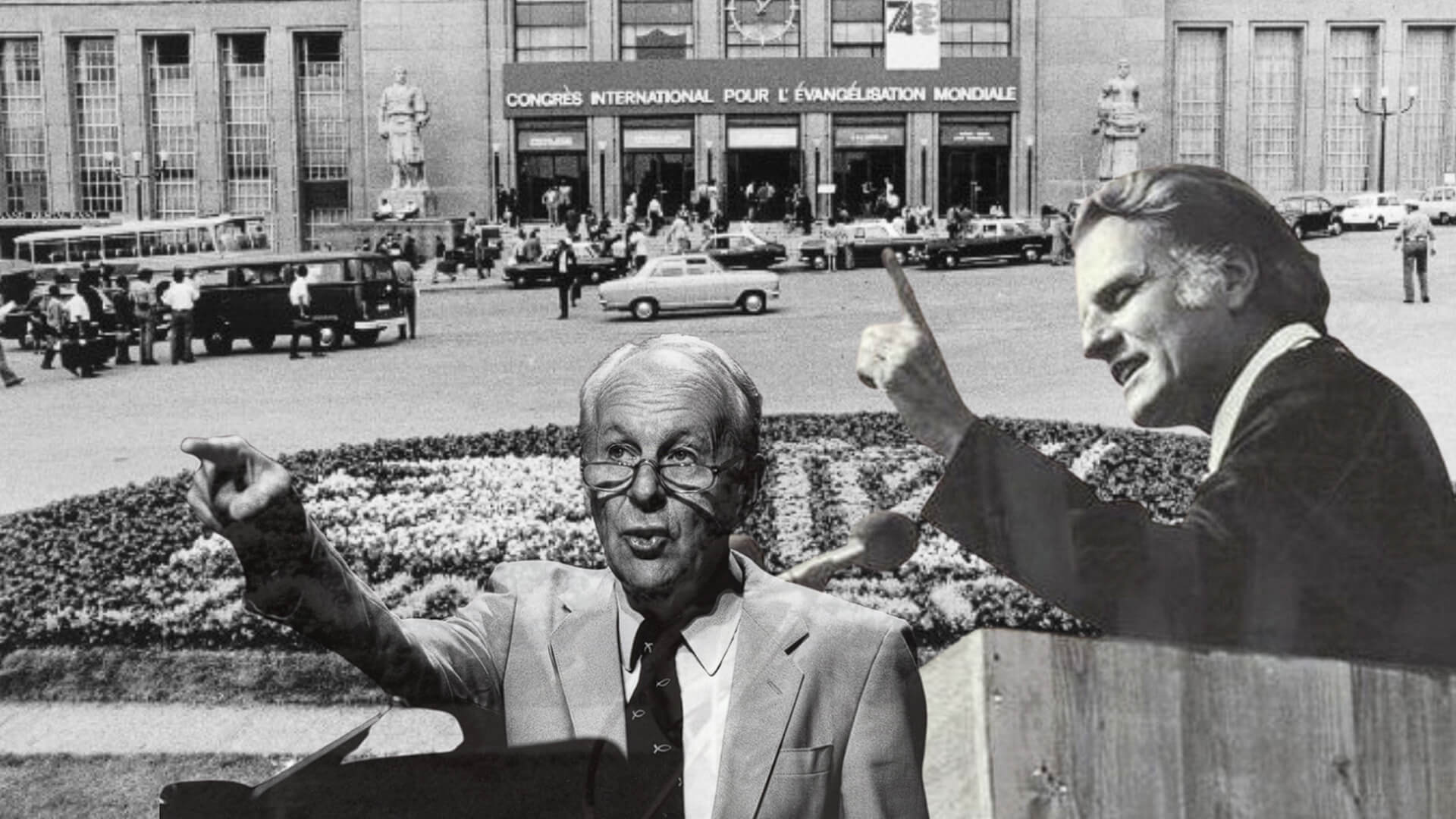
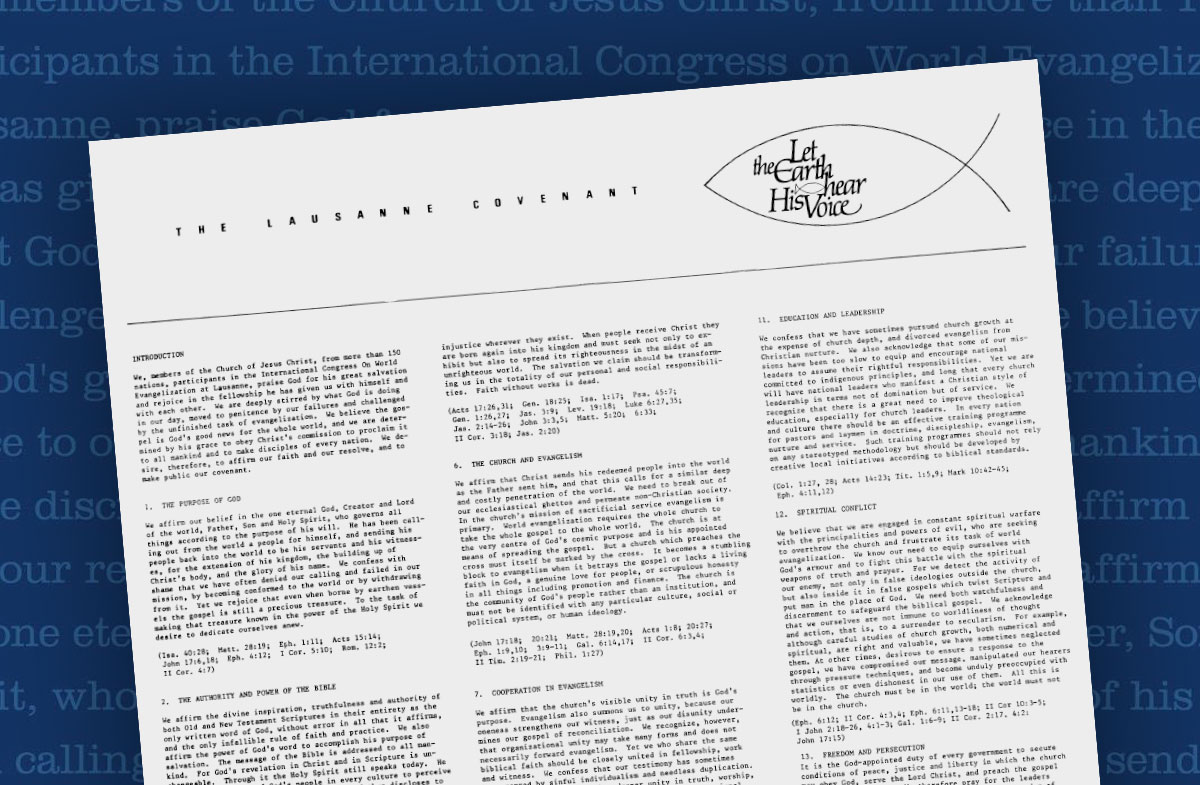
Lausanne Covenant
Widely regarded as one of the most significant documents in modern church history, the Lausanne Covenant defined what it means to be evangelical, and challenged Christians to work together to make Jesus Christ known throughout the world.
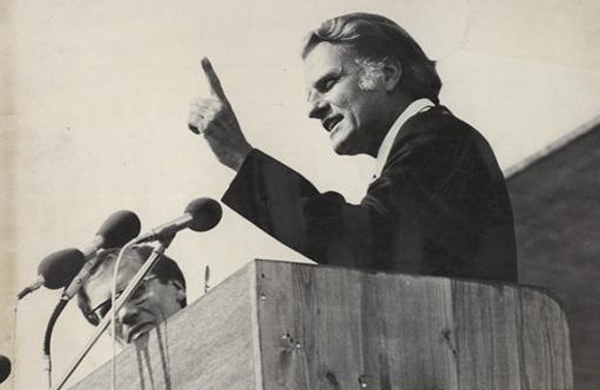
Why Lausanne?
In his groundbreaking address ‘Why Lausanne?’ at the first Lausanne Congress, Billy Graham highlighted the crucial necessity of global evangelism, emphasising unity among Christians to fulfil the Great Commission effectively and passionately.
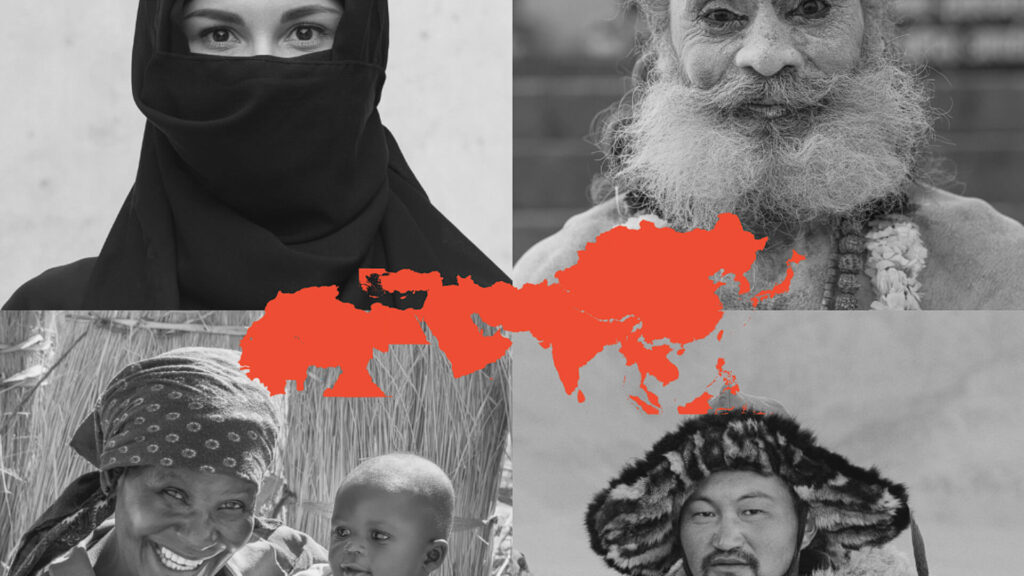
Unreached People Groups
The notion of Unreached People Groups emerged from Ralph Winter’s groundbreaking introduction of the concept at the first Lausanne Congress, spotlighting the critical need for focused missions to these least-evangelised communities.
